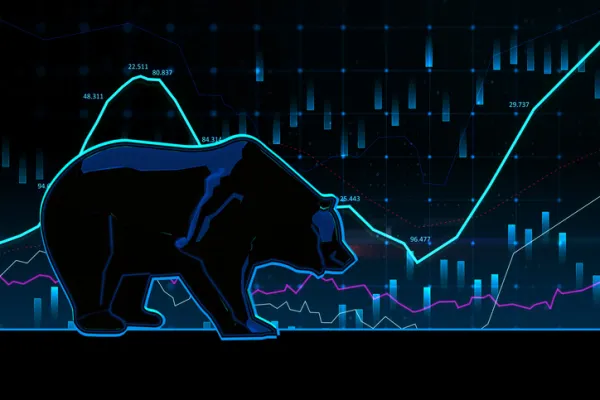"Politics," said Bismarck, "is the art of the possible."
By Firth Calhoun, Editor-at-Large
November 2001
Institutional Investor Magazine
The architect of the modern German welfare state would have understood the compromises that German Labor Minister Walter Riester had to make to introduce private pensions in a country where retirement security has always been the responsibility of the state. Although the new funds can be invested in any mix of stocks or bonds, all contributions must be guaranteed. In this month's cover story, "Bringing Home the Bacon," Senior Editor Andrew Capon assesses Germany's pension revolution and what it portends not only for prospective pensioners but also for the financial firms vying to offer the accounts. Says Capon, "Europe's largest economy and first welfare state has taken a small step back from the principle that a secure retirement is solely the responsibility of the government."
Capon, 33, who earned a first-class honors degree in history at St. Catharine's College, Cambridge, specializes in covering asset management. "Like a historian, a journalist must be dogged in the pursuit of relevant facts," he says. What's the secret to Capon's reporting technique? "Never give up," he confides. "If the front door is slammed in your face, try a side door, back door or window."
The critical question of government's proper role in a modern economy is explored throughout this month's issue. Veteran Tokyo correspondent Charles Smith reports that Japan's plan for rescuing its banks from their prolonged bad-debt crisis is dangerously flawed and that the time for political procrastination is past ("Nonperforming"). Staff Writer David Lanchner explains how Italy's corporate elite blithely swap companies back and forth, circumventing takeover rules and stiffing minority shareholders. Reforms? Under discussion, but doubtful, he concludes ("Shareholder Rites"). And Staff Writer Jenny Anderson looks into the little-appreciated implications of the Sudan Peace Act in the U.S.: Although shelved after the September 11 terrorist attacks, the House version authorized U.S. capital markets sanctions for the first time ("Capital Punishment"). Wall Street is worried, and for good reason.




